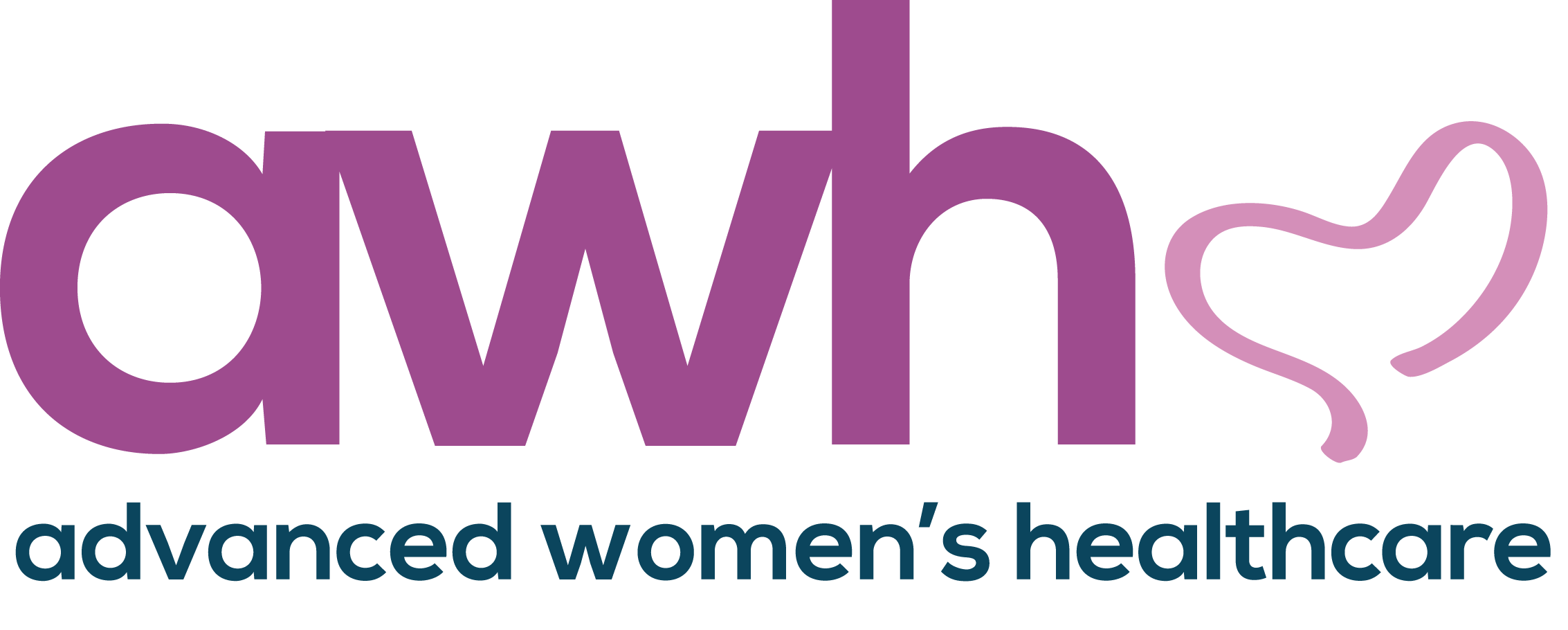A high risk pregnancy means the mother has one or more factors that increases the chance of premature delivery or health problems in herself or the baby. Learning that you have a high risk pregnancy can bring a variety of anxieties. Knowing how to best manage high risk factors can help prevent further issues and ease your worries.
- Create a plan with your healthcare provider. Work closely with your doctor and be proactive early on in your pregnancy. Ask your provider how a high risk pregnancy will affect your birth plan, and adjust accordingly. Make sure you maintain an open line of communication and attend all of your prenatal appointments. This will give you peace of mind leading up to your due date.
- Practice self-care. Remember, the best thing you can do for your baby right now is take great care of yourself. Eat healthy foods and follow an exercise plan with approval from your doctor. Get adequate sleep and avoid excessive stress. Working to maintain a healthy lifestyle can help improve your pregnancy and delivery.
- Have a support system. Having family and friends to turn to and talk with throughout your pregnancy is key. A strong support system can help you navigate changes throughout your pregnancy, in addition to your trusted medical professionals.
Whether your pregnancy is low or high risk, it’s important to choose a physician that treats every situation through a unique lens to provide you with the healthiest pregnancy possible. Advanced Women’s Healthcare, located near Medical City Dallas, offers more information about low and high risk pregnancy care. Learn more here.
